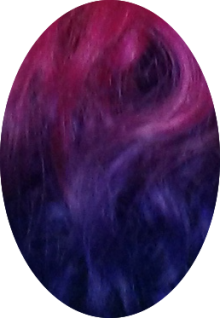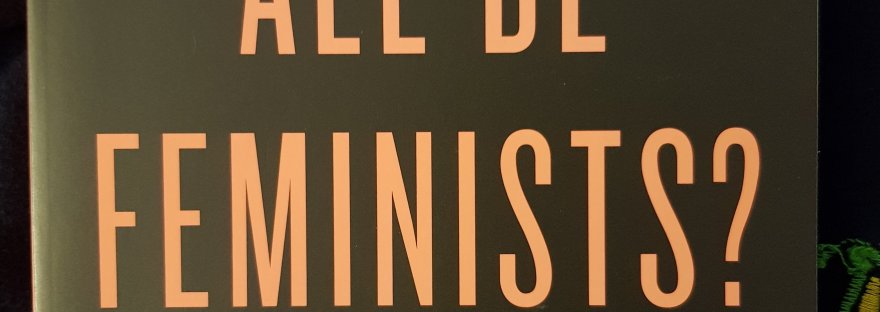The book is an essay collection of 17 writers with diverse backgrounds, who all have fought with feminism and its definition. It’s illuminating, because even when you think you’re trying to be inclusive, there’s always an intersection that you might miss. The anthology speaks volumes, because it lends an ear to underrepresented voices.
Feminism is not simply one box, that can be ticked. Whether it’s your race, your sexuality, your religion, your disability, your gender identity or even your body type, it all will probably make you question mainstream feminism at some point. Mainstream feminism tends to whitewash issues, that women of colour raise. June Eric-Udorie stresses, that when white feminism speaks about the gender pay gap, it focusses on the gap between men and white women, ignoring the fact that women of colour and disabled women are earning even less than their white, female counterparts. Another example she gives is: While career women debate, whether women can “have it all”, black and trans folks are dying at the hands of the police. Charlotte Shane points to, how some of us are concerned with the issue, that more women assume prominent roles in corporations. Thereby we fail to question, what it is, the corporation does. How would it socially benefit all women for one particular woman to earn an obscene amount of money?
Women with privilege (and I am one of them) need to start standing up for issues, that might not affect them directly. June Eric-Udorie suggests, they need to consider each issue through as many lenses, as they can. We need to re-shape feminism, and include marginalized voices! We need to ask ourselves as Selina Thompson suggests, “Who is dominating the conversation, and what doesn’t get spoken about as a consequence of this?”
This is an excellent book, that shows through the eyes of different marginalized voices, how the feminism that appeases the status quo, helps a small group of people to “further consolidate power and money without rocking the proverbial boat.” (Charlotte Shane) All oppression is structural, and if we want to overcome oppression, we need to re-design society. The first step is to include racist, capitalist, class, ableist and imperialist issues, when we seek to achieve equality between all sexes. A feminism, that tries to silence women in intersections, is no real feminism and is part of the issue. “Prioritizing the most vulnerable women and the issues that affect them most is what will make feminism truly comprehensive,” as Wei Ming Kam beautifully puts it in her essay.
The anthology made me think about my own struggle with feminism, but it also opened up my eyes to the suffering of intersections, that I don’t experience. It’s a valid reminder of how we should listen to minorities and start amplifying their voices already. If a trans woman isn’t free from violence and oppression, than none of us are free and the fight has to go on!
If you’d like to have a look, you can find it here.


